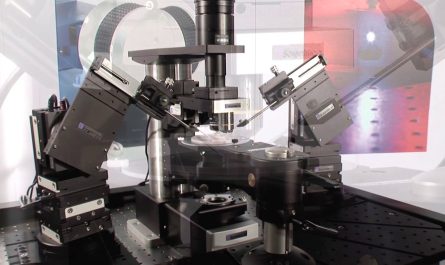Probiotics have gained widespread acceptance and popularity in recent years due to mounting evidence of their health benefits. While traditional probiotic strains like Lactobacillus and Bifidobacterium have proven effective, scientists are now working on developing next generation probiotic strains with enhanced functional properties. This new class of probiotics holds promise to deliver optimized health outcomes.
Beyond Traditional Strains
Traditional probiotic strains have established roles in supporting digestive and immune health. However, scientists now understand the gut microbiome in far greater depth. They recognize that targeted modifications can have more potent and customized impacts. Next generation probiotic strains leverage microbiome insights to go beyond basic management of gut flora. Researchers evaluate strains for traits like adhesion, colonization ability, and interactions with the mucosal immune system. They seek to design probiotics optimized for specific health conditions.
Customized for Conditions
Next Generation Probiotics are engineered for customized uses. Some strains under development show promise for conditions like irritable bowel syndrome, ulcerative colitis, non-alcoholic fatty liver disease, and metabolic syndrome. Scientists genetically modify probiotic strains to express metabolites targeted to certain health markers. One example is a Bifidobacterium strain modified to enhance the production of anti-inflammatory short-chain fatty acids. Clinical trials found it reduced markers for metabolic disease more than a traditionally used strain. Researchers envision banks of probiotic strains tailored for an array of health issues.
Going Beyond Oral Delivery
Traditional probiotics are mainly delivered orally through foods or supplements. But next generation strains could utilize other non-invasive delivery methods. Some probiotic strains are being designed for direct delivery to the gastrointestinal tract through ingestible capsules or pills that release contents in specific areas. Other delivery approaches under study are vaginal and nasal sprays of probiotic formulations. These targeted delivery systems aim to optimize colonization of new probiotic strains in desired body sites. They could help address issues like urogenital health problems.
Steering the Immune Response
A key focus of next generation probiotic development is modulating the immune system. Scientists work to identify probiotic strains that can educate the immune system to respond appropriately to pathogens while avoiding inflammation. Certain probiotic candidates show potential for conditions tied to immune dysregulation like allergies. Some researchers propose new strains tailored to impact T regulatory cells, which help maintain balance between pro- and anti-inflammatory immune responses. Systems-level insights into the microbiome-immune axis could yield novel probiotics primed to precisely steer immunity.
Homing in on Mechanisms
One hallmark of Next Generation Probiotic research is focus on pinpointing the specific mechanisms behind observed health impacts. This level of mechanistic insight was largely lacking for traditional probiotic strains. Researchers now evaluate candidate strains for defined properties like interaction with immune cells, release of signaling molecules, and targeted impacts on microbial metabolism. They aim to home in on strain-specific mechanisms linked to health outcomes. With clearer understanding of molecular mechanisms, scientists expect to develop precision probiotics optimized to trigger specific biological pathways.
The field of probiotics is rapidly evolving from basic management of gut flora toward targeted modulation of physiology. Next generation probiotic strains engineered through modern techniques hold promise to precisely steer health in customized ways. Their development leverages expanding insights into the microbiome and interactions between microbes, host cells, and biochemical pathways. With a mechanistic understanding of probiotic impacts, the future may bring tailored formulations precisely designed for individual health conditions. Continued research strives to harness probiotics’ full potential for optimizing human wellness and disease prevention.
*Note:
1. Source: Coherent Market Insights, Public sources, Desk research
2. We have leveraged AI tools to mine information and compile it




